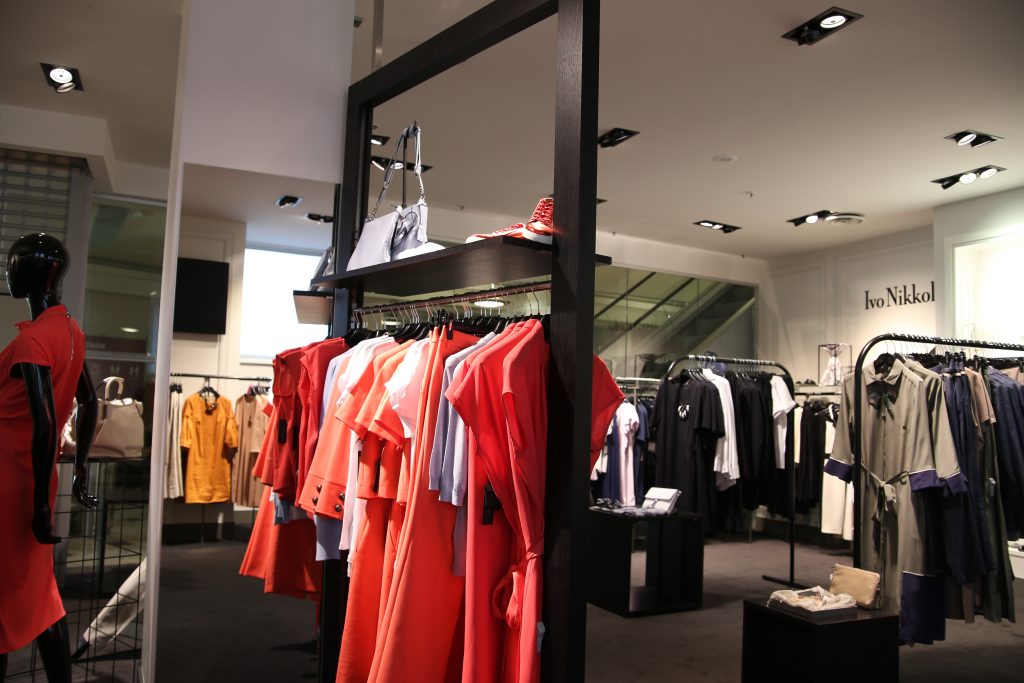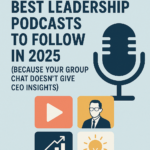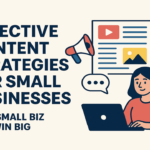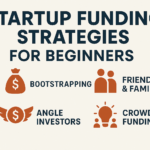In retail, exclusive products are generally designed to take advantage of a glitch in human psychology, i.e. the belief that anything other than an immediate purchase will lead to disaster. In less melodramatic terms, this is known as the fear of missing out or FOMO, a marketing tactic that has relevance to any industry that has customers to attract. Of course, that’s virtually all of them.
Customer Demand
Despite the simple definition of FOMO, exclusivity can have all sorts of meanings in business. Special product editions, limited quantities, and timed release windows can all make stones seem like diamonds to engaged customers. Sometimes, it may all be in the packaging. For instance, there’s a $150 version of J.R.R Tolkien’s Lord of the Rings saga out there, complete with special binding, maps, letters, and “burnt” pages.
In the latter case, a sense of exclusivity can come from pricing. Everything from sports tickets to groceries is funneled towards particular demographics that can afford to buy them, either as a one-off treat, an investment, or as part of an affluent lifestyle. In high fashion circles, exclusives are especially common. Drapers Online reports that 183 of the 450 brands on the MatchesFashion website released an exclusive in the first half of 2019.
MatchesFashion records an increase in sales with each limited piece, which, for most businesses, would serve as a sufficient incentive to keep them coming. However, the website claims that exclusives are usually borne from customer demand. Using words like “storytelling”, they note that the presence of a particular designer’s name on a collection makes it seem all the more special. It’s a piece of artwork, in other words.
Competition
Arguably, the heaviest use of exclusives comes from entertainment. Even something as prosaic as a movie’s release window at the cinema might be considered a means of making something feel exclusive. Release windows, which are becoming shorter, are a major source of income for production studios. Again, this is all part of the magic of FOMO, i.e. watch the film now or pay for it with a long wait for a DVD release.
Gaming has taken exclusivity to its logical extreme. While manufacturers like Sony have become notorious for preventing developers from working with any other companies, giving rise to exclusive franchises like God of War, a fondness for rare experiences even pervades casino and bingo gaming. The slot games at Buzz Bingo include at least seven original slots and bingo rooms, including Buzz Bingo Blast and Buzz Bingo Megaways.
Source: Pexels
The idea here is to make Buzz Bingo stand out in a marketplace overwhelmed with competition. For Sony, exclusive games are created to guide consumer purchasing. This can mean that players are forced to pick up a console for a single title, even if they already have a device with virtually the same capabilities. Granted, it might not seem very fair but competition in the console space is essential to the success of the wider industry.
Overall, exclusivity has many different faces but it’s easy to see why businesses and customers of all types value a rare, unique offering.








